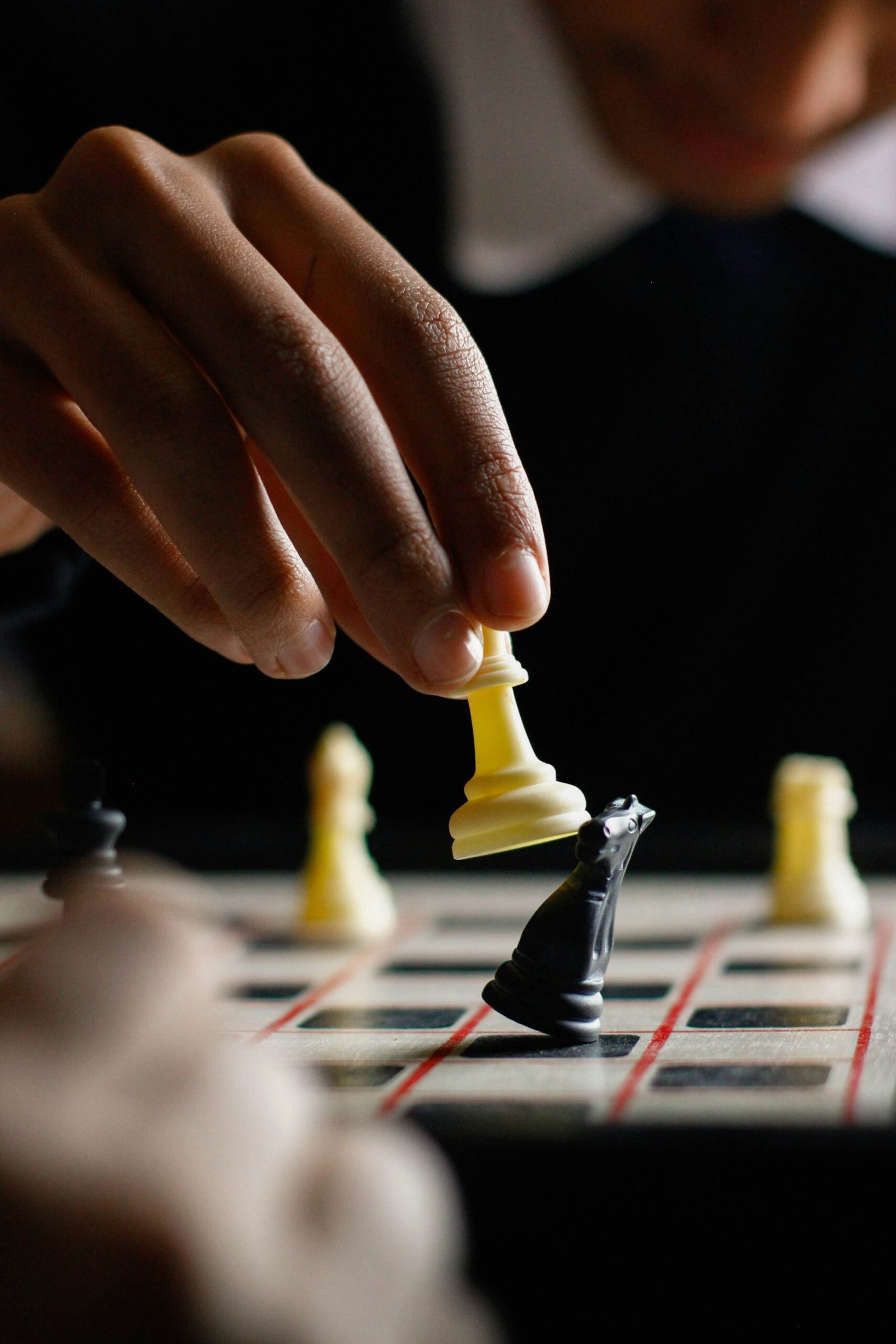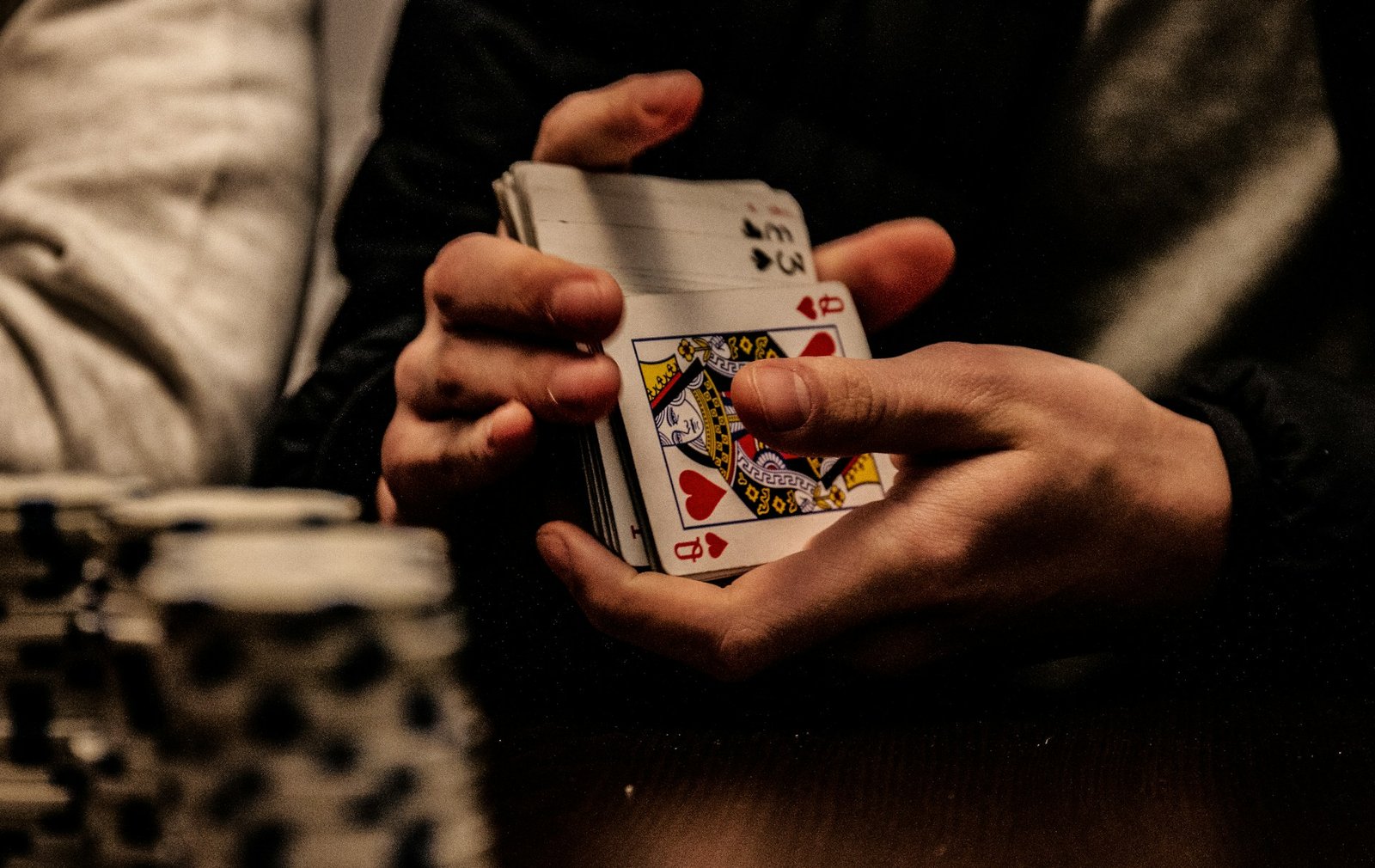The International Olympic Committee sets precise criteria for a sport’s inclusion in the Olympic Games.
These include being widely practiced by men in at least 75 countries across four continents and by women in at least 40 countries on three continents. Chess surpasses these criteria, with a presence in more than 75% of countries and boasting 195 national federations and an estimated 600 million players. Despite this, chess is not part of the Olympic program. In 2021, while breakdancing was introduced into the 2024 Paris Olympics, chess was overlooked.

This scenario indicates that meeting the participation criteria alone does not guarantee a sport’s inclusion, highlighting the IOC’s consideration of additional factors.
Skill and Luck in Games
Differentiating games based on skill versus luck influences their classification and potential for Olympic inclusion. A 2020 study highlighted that poker and skat are largely luck-based, with a standard deviation in results below 30, compared to over 170 for chess, indicating it relies more on skill. Further, a 2022 survey analyzing over 4 million online games showed that chess had a much wider distribution of player ratings than poker and pool. This underscores chess’s complexity and strategic depth, elements that are key in evaluating games for the Olympics.
However, the perception of these games under the law also affects their consideration. As of 2024, poker is still viewed as a game of chance in places like Germany and confined to casinos, which could hinder its acceptance as an Olympic sport. On the other hand, skat has been legally recognized as a game of skill since 1906, suggesting differing national and international perceptions that could impact Olympic eligibility.
Economic Aspects of Chess, Poker, and Pool
Economics play a critical role in a sport’s potential inclusion in the Olympics. Chess tournaments like the Global Chess League, which offers a $1.5 million prize fund, indicate its commercial potential. This economic aspect, coupled with global popularity, might influence IOC decisions.
Conversely, poker features significantly larger prize funds, as demonstrated by the $80.8 million pool in the 2022 World Series of Poker. Despite its financial allure, poker’s classification as a chance-based game poses challenges for Olympic recognition.
Pool faces distinct economic challenges; top players often earn below $100,000 annually, considerably less than their counterparts in more established sports. This disparity highlights the economic struggles within professional pool and raises questions about its viability and attractiveness as a potential Olympic sport, given the lesser financial rewards and limited spectator draw compared to other sports.

Future Outlook for Chess, Poker, and Pool as Olympic Sports
Chess Advancements: The consistent global participation and the establishment of high-profile tournaments such as the Global Chess League may strengthen chess’s case for Olympic inclusion by enhancing its visibility and demonstrating its strategic depth as a sport.
Poker’s Legal Perception Shifts: Changes in the legal classification of poker from a game of chance to a skill-based game could significantly impact its Olympic prospects. Efforts to shift public and legal perceptions toward recognizing poker’s skill elements are necessary.
Pool’s Economic Development: Increasing the prize money and sponsorship in professional pool could help elevate its profile to meet Olympic standards. Strategic marketing and the development of more high-profile tournaments could aid in drawing larger audiences and increasing its appeal.
Technology and Analytics: Advances in technology and game analytics could play a pivotal role in demonstrating the skill aspects of these games, particularly in poker and pool, where physical prowess is less apparent than in traditional sports.
Youth Engagement: Increasing youth engagement through educational programs and junior leagues could help raise the profile of these games, making them more appealing for the Olympics due to their broader demographic appeal.
Media Coverage and Partnerships: Enhanced media coverage and strategic partnerships can boost the global profile of these games. Consistent, high-quality broadcasts and content could attract a larger fan base, which is vital for consideration by the IOC.






